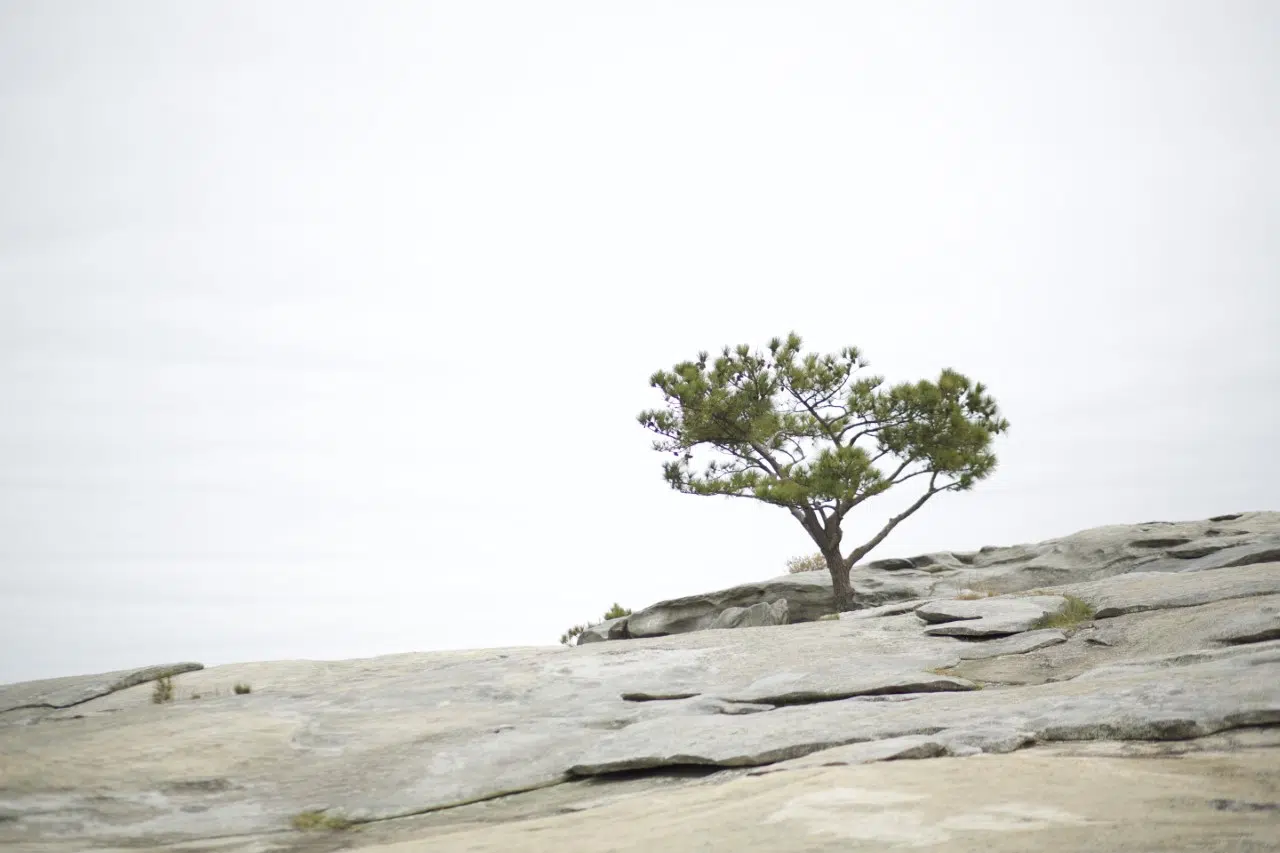
Life after concussion
I’M A PRETTY TOUGH COOKIE.
(Suggested listening while you read: Bluebird by Luca Fogale.)
I once walked around on a broken kneecap and torn meniscus for a week before realizing I needed medical attention. When I dislocated my jaw, I popped it back into place on the field so I wouldn’t be pulled from my soccer game. Two out of the three times, I gave birth to my large-headed babies without drugs. (Side note: the third time, I had an epidural and I cannot say this loudly enough: Ladies, get the epidural. You can thank me later.)
I’m not telling you this to brag; I tell you so that when I say that sustaining a concussion was the most debilitating, defeating and difficult to recover from physical experience of my life, you will understand the context in which I say it.


